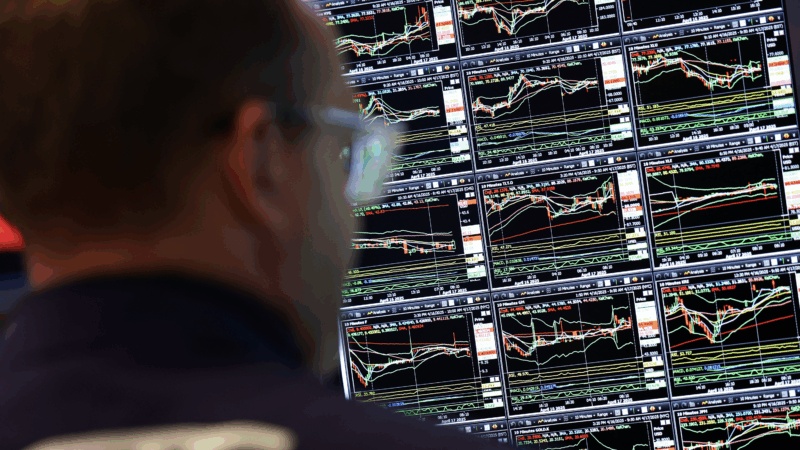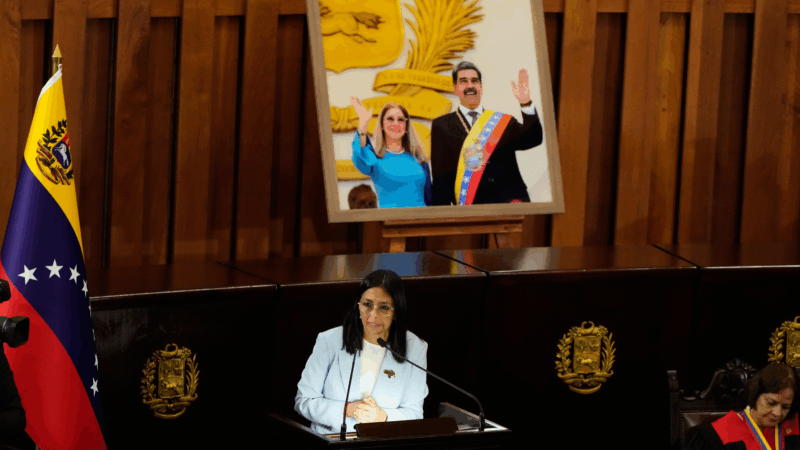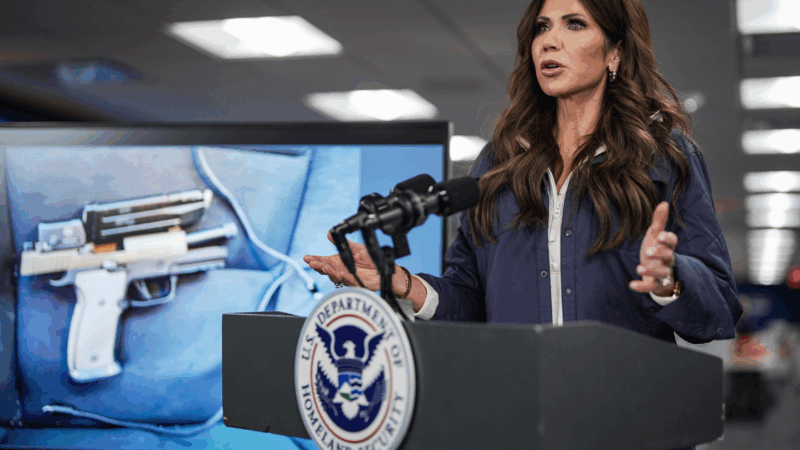Why UnitedHealth’s terrible year is dragging down the Dow
UnitedHealth Group’s deepening problems are affecting the company’s executives, investors, and the tens of millions of people who rely on it for health insurance and medical care.
Now they’re also hurting one of the top gauges of the U.S. stock market, as UnitedHealth’s plunging shares weigh down the Dow.
UnitedHealth is one of the 30 companies that makes up the Dow Jones Industrial Average, the powerful stock market index that aims to represent some of the most important companies in the U.S. economy. Because of this, the Dow is viewed as a key bellwether that represents the overall health of the economy and markets at a glance.
A month ago, UnitedHealth was the highest-priced stock in the Dow — but now its shares have lost more than 50% of their value.
The Dow is up almost 5% in the same period. That’s seemingly good news, especially as U.S. markets recover from the widespread selloff and volatility sparked by President Trump’s sweeping and chaotic new tariffs.
But in comparison to the other major U.S. indices, the Dow’s rally has been muted. The benchmark S&P 500, which tracks many more of the largest U.S. companies, is up almost 10% from a month earlier. The tech-heavy Nasdaq has soared even more, gaining almost 14%.
UnitedHealth’s terrible year got a lot worse this week
UnitedHealth is one of the largest companies in the world, and controls vast swaths of how Americans get and pay for health care. It employs tens of thousands of doctors; processes payments and claims for hospitals and pharmacies; and owns the largest U.S. health insurer, UnitedHealthcare.
But for more than a year, the company has been facing mounting business and reputational problems, including widespread consumer anger over denied claims and the high costs of U.S. health care. That fury gained public visibility after UnitedHealthcare’s top executive, Brian Thompson, was shot and killed on a Manhattan street in December.
This week, UnitedHealth’s business problems dramatically worsened: Its shares plunged on Tuesday after the company abruptly replaced CEO Andrew Witty and suspended its 2025 financial guidance.
Then the Wall Street Journal reported on Wednesday evening that the U.S. Department of Justice is investigating the company “for possible criminal Medicare fraud.”
The company said in a statement that it has “not been notified” by the DOJ “of the supposed criminal investigation.” It also called the WSJ‘s reporting “deeply irresponsible” and said it “stand[s] by the integrity” of its Medicare business.
But investors are still spooked. On Thursday, UnitedHealth shares fell another 11%.
“The bad news is hitting fast and furious,” analysts at CreditSights wrote in a research report on Thursday.
They added that UnitedHealth could possibly face “penalties in the multi-billion dollar area” from a potential DOJ investigation.
There seems to be a silver lining for the Dow, however. UnitedHealth’s ongoing selloff means that its shares now play a much smaller role in the overall index than they did a month ago.
Despite their plunge on Thursday, the Dow edged up for the day, closing up less than 1%.
Israeli strikes kill 23 Palestinians as Gaza ceasefire inches forward
Hospitals in Gaza said Israeli strikes killed at least 23 Palestinians Saturday, one of the highest tolls since the October ceasefire aimed at stopping the fighting.
With decades-long restrictions lifted, a Pakistani brewery has started exporting beer
Drinking is illegal for Pakistan's Muslim majority, but Murree Brewery's beer has long been available to non-Muslims and foreigners there. Now it's being exported to the U.K., Japan and Portugal. Is the U.S. next?
A red hat, inspired by a symbol of resistance to Nazi occupation, gains traction in Minnesota
A Minneapolis knitting shop has resurrected the design of a Norwegian cap worn to protest Nazi occupation. Its owner says the money raised from hat pattern sales will support the local immigrant community.
Want to get stronger? Start with these 6 muscle-building exercises
If you're curious about starting a resistance training routine and not sure to begin, start with these expert-recommended movements.
Venezuela announces amnesty bill that could lead to release of political prisoners
Venezuela's acting President Delcy Rodríguez on Friday announced an amnesty bill that could lead to the release of hundreds of prisoners detained for political reasons.
DHS keeps making false claims about people. It’s part of a broader pattern
Trump administration officials have falsely linked Alex Pretti and Renee Macklin Good to domestic terrorism. It's part of a larger pattern by the Department of Homeland Security.








